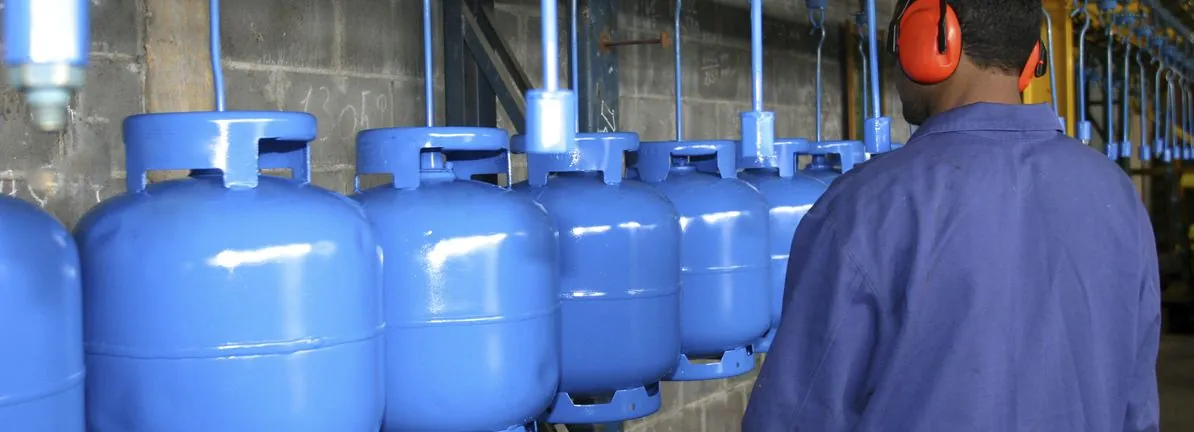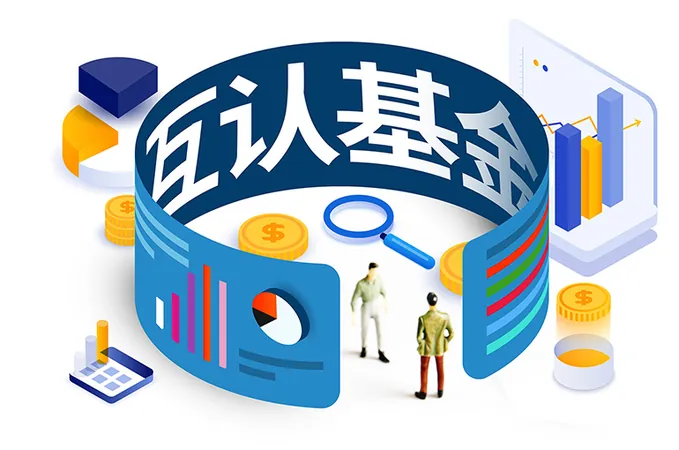
Is Hong Kong and China Gas Company at Risk? A Closer Look at Its Financial Health
2024-12-23
Author: Wai
Understanding the Risks of Debt
Debt becomes a liability when a company struggles to meet its obligations—either through cash flow or by raising capital at favorable rates. In some unfortunate cases, companies are forced to raise equity at low prices, diluting existing shareholder investment. However, strategically managed debt can provide cost-efficient capital for growth.
The Current Debt Situation of Hong Kong and China Gas
As of June 2024, Hong Kong and China Gas reported a staggering HK$60.8 billion in debt, consistent with the previous year. With HK$9.98 billion in cash, the company's net debt stands at a concerning HK$50.9 billion.
Examining the balance sheet reveals significant financial strain: the company has short-term liabilities of HK$44.3 billion and long-term liabilities totaling HK$47.9 billion. Even with HK$9.98 billion in cash and HK$10.4 billion in receivables expected within a year, the total liabilities exceed the sum of cash and receivables by HK$71.9 billion. Given the company's substantial market capitalization of HK$114.2 billion, this raises alarms about shareholder dilution should the company need to quickly bolster its balance sheet.
Measuring Debt Against Earnings
To gain insights into how burdensome the debt is for Hong Kong and China Gas, experts often look at ratios such as net debt to EBITDA (Earnings Before Interest, Taxes, Depreciation, and Amortization). Currently, the company has a debt-to-EBITDA ratio of 4.6, with EBIT covering its interest expenses 4.3 times. While not immediately alarming, these figures suggest that rising debt could become unmanageable, especially as the company reported a 10% decline in EBIT over the past year.
Future Earnings and Cash Flow Concerns
Future cash flow growth is crucial for maintaining financial health, as evidenced by the need for cash to service debt. The company generated free cash flow equivalent to only 30% of its EBIT in the last three years, reflecting a worrisome weakness in converting earnings into cash. This inefficiency can complicate debt management in challenging market conditions.
The Bottom Line: Should Investors Be Concerned?
While both the growth rate of EBIT and the management of debt raise red flags, the interest coverage ratio offers a glimmer of hope. Notably, Hong Kong and China Gas operates in the Gas Utilities industry, typically viewed as defensive, providing some insulation against market fluctuations.
Given these factors, investors should proceed with caution. Although the company exhibits potential for stability, its current levels of debt contribute to an increased risk profile. Savvy investors may lean towards companies with less leverage or enhanced cash flow stability.
For those considering an investment in Hong Kong and China Gas, it’s essential to weigh these factors carefully. In the ever-changing landscape of finance, understanding the complexities of a company’s balance sheet can illuminate its potential for future growth and risk.


 Brasil (PT)
Brasil (PT)
 Canada (EN)
Canada (EN)
 Chile (ES)
Chile (ES)
 España (ES)
España (ES)
 France (FR)
France (FR)
 Hong Kong (EN)
Hong Kong (EN)
 Italia (IT)
Italia (IT)
 日本 (JA)
日本 (JA)
 Magyarország (HU)
Magyarország (HU)
 Norge (NO)
Norge (NO)
 Polska (PL)
Polska (PL)
 Schweiz (DE)
Schweiz (DE)
 Singapore (EN)
Singapore (EN)
 Sverige (SV)
Sverige (SV)
 Suomi (FI)
Suomi (FI)
 Türkiye (TR)
Türkiye (TR)